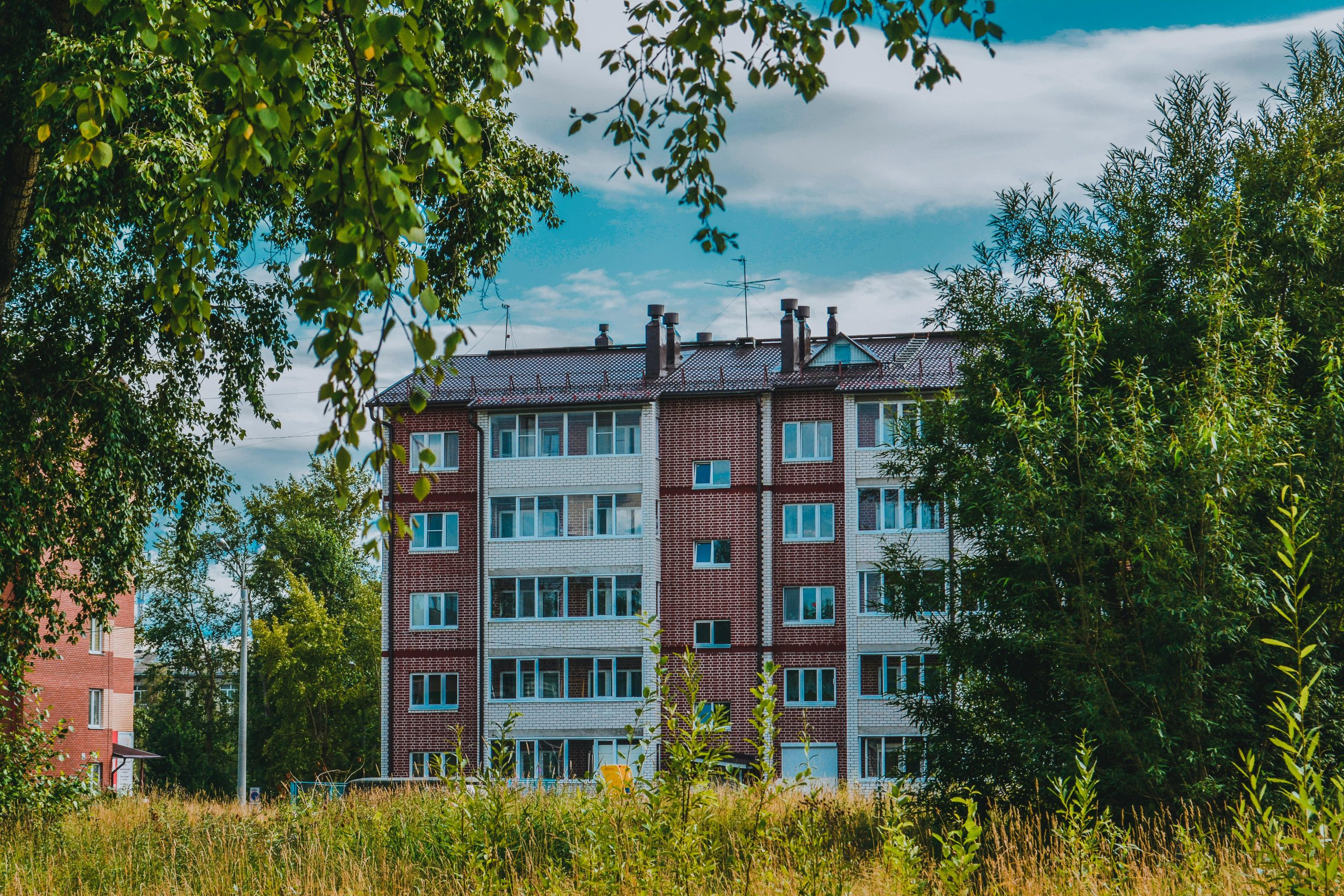How Urban Density Challenges Affect Housing Market Growth
Urban density has long been a hot topic in the world of urban planning. As cities continue to grow and expand, the issue of urban density and its impact on the housing market has become a major concern for both residents and policymakers alike. With limited space and increasing demands for housing, cities are facing a number of challenges when it comes to balancing urban density and housing market growth. In this article, we will explore how urban density challenges can affect the housing market and what solutions could potentially be implemented to mitigate their impact.
The Relationship Between Urban Density and Housing Market Growth
Before delving into the challenges posed by urban density, it is important to understand its relationship with housing market growth. In a nutshell, urban density refers to the number of people living in a given area. The higher the population density, the more people there are living in a smaller amount of space. This is a common occurrence in cities, where land is limited and demand for housing is high. High urban density can lead to a number of benefits, such as efficient use of resources, reduced environmental impact, and a vibrant and diverse community.
On the other hand, high urban density can also pose challenges, especially when it comes to the housing market. With more people vying for limited housing options, this can lead to increased competition and soaring housing prices. This, in turn, can make it difficult for lower-income individuals and families to afford housing, ultimately contributing to housing market inequality.
The Impact of Urban Density Challenges on the Housing Market
Rising Housing Prices
One of the most significant challenges posed by urban density is the impact it has on the cost of housing. As mentioned earlier, high urban density can lead to increased competition for housing, especially in cities where demand is high. This can result in a rise in housing prices, making it difficult for many individuals and families to afford homes in desirable urban areas.
Additionally, high urban density can also lead to gentrification, where low-income communities are pushed out due to rising housing prices. This can further exacerbate housing market inequality and contribute to socio-economic disparities within cities.
Inadequate Housing Supply
Another challenge posed by urban density is the inadequate housing supply. As cities become more densely populated, there is a greater demand for housing, but often not enough supply to meet this demand. This can result in a shortage of affordable housing options, leaving many individuals and families struggling to find suitable housing within their budget.
Moreover, this can also lead to overcrowding, where multiple families or individuals may have to live together in a single dwelling in order to afford housing. This not only impacts the quality of life for these individuals but can also put a strain on resources and services within a community.
Solutions to Mitigate the Impact of Urban Density Challenges
While urban density challenges can pose significant issues for the housing market, there are potential solutions that can help mitigate these impacts. One solution is for cities to focus on creating a diverse mix of housing options, catering to different income levels and needs. This can help to increase housing supply and provide more affordable options for those who may be struggling with high housing prices.
Additionally, increasing urban density in specific areas that are not already densely populated, such as suburbs or outlying areas, can help to distribute housing demand across a wider area. This can prevent housing prices from soaring in one particular location, making it more affordable for a broader range of individuals to live in desirable urban areas.
Innovative Urban Planning
Another solution lies in innovative urban planning that can help to better utilize urban space. This can include building housing units vertically, such as high-rise buildings, or incorporating mixed-use developments that combine residential and commercial spaces within the same building. This not only increases housing supply but also creates more vibrant and diverse communities.
Conclusion
In conclusion, the relationship between urban density and housing market growth is complex and can pose several challenges. However, by implementing innovative solutions and focusing on creating diverse housing options, cities can work towards achieving a balance between urban density and housing market growth. This, in turn, can create more equitable and sustainable cities for all individuals and families.










